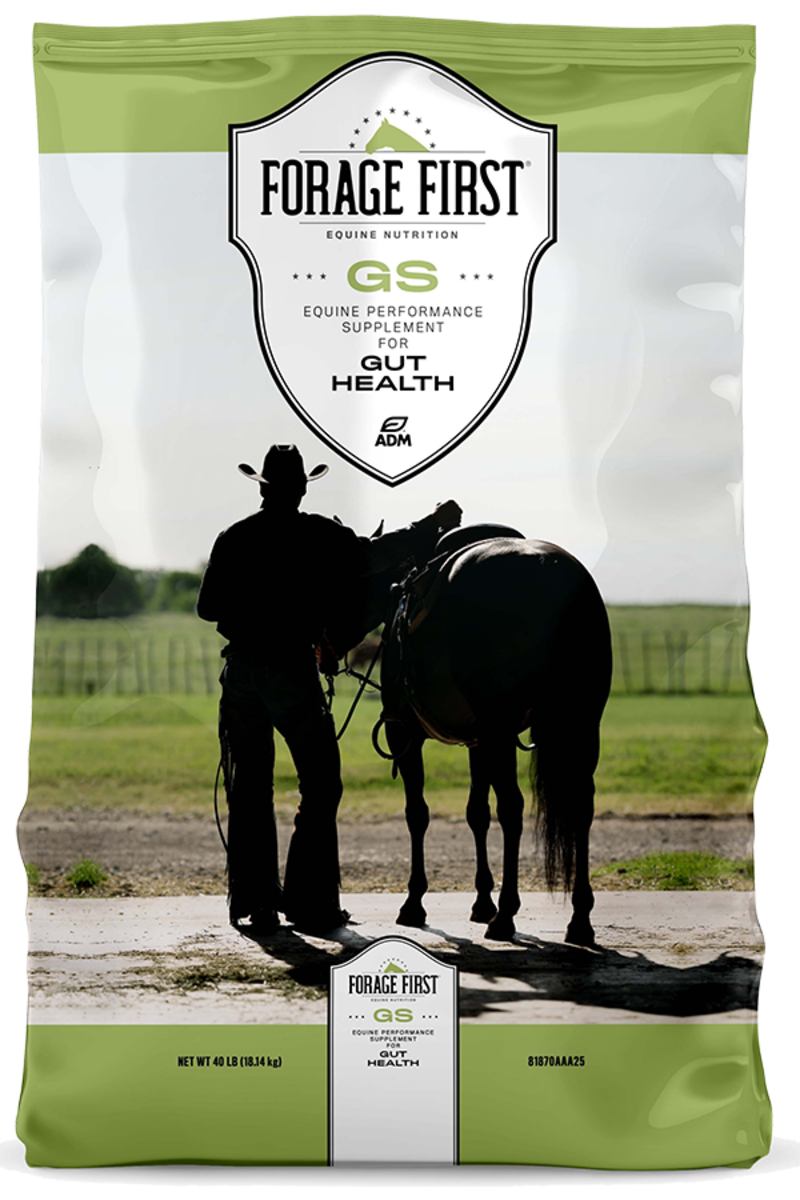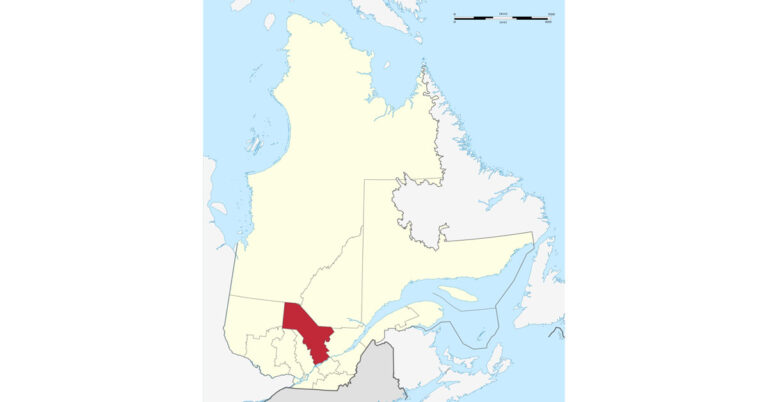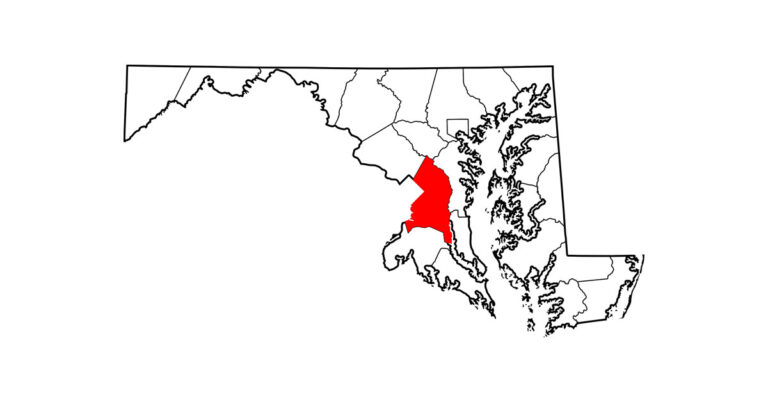Winter is in the air, and soon the “snowbirds” of the hunter/jumper and dressage worlds will be flocking south to Florida for the prestigious Winter Equestrian Festival (Jan. 6–April 4, 2021) and the Adequan Global Dressage Festival (Jan. 13-April 4).
That means three months of nonstop, high-caliber competition: a lot of fun, but also a lot of potential stress for your horse. Even for those hardy souls who rise to the occasion time after time, this can translate to gut issues—which can spell big trouble. It has been estimated that upwards of 70 percent of performance horses experience ulcers, and colic is among the leading causes of equine deaths.
How to prevent a troubled tummy? It’s all about careful management. Here are some ideas to get you started.
Suppress the Stress
Before you start packing, devise a health-minded strategy for your horse’s away-from-home care. Consult your veterinarian about your impending trip and arrange any deworming, dental work, vaccinations and/or Coggins tests sufficiently in advance of your ship date to allow your horse recovery time. Also be sure to inquire about any special COVID-related tips or requirements.
Shipping itself is very stressful, so begin by bringing plenty of water from home and enough familiar hay and favorite treats to last the trip. Plan adequate rest stops or layovers at horse-friendly digs on your drive to the Sunshine State, keeping in mind that COVID restrictions may impact your usual route and stops. Unload your horse and allow him to stretch his legs as much as is safely possible. Remember the stall toys! And consider packing a supply of probiotic paste to help replenish and maintain healthy gut flora during your horse’s journey. A good omeprazole paste (a common ulcer preventative) is also handy to have on the road.
Once on the show grounds, you’ll want to set up a routine that’s as close as possible to your horse’s routine at home. Consider using your smartphone’s alarm/notification features to remind you of feeding, medication, exercise and blanket-check times.
In situations like those at Wellington, where turnout space is often minimal and turnout time even more so, you will need to get creative to ensure your horse’s physical and mental relaxation. Think porta-pens, morning hacks away from the ring, plenty of hand-grazing and again, those all-important stall toys! Locating your horse near an equine buddy can help, just as locating him near a bully can hurt. Also try things like tuning your barn radio to a classical music station (but keeping the volume down).
Stay aware, too, of temperature changes. Even in sunny Florida, a sudden chill without a sheet or blanket can upset your horse’s system. (You did remember to pack all his clothes, right?)
Feed for Success
Diet is the single most important factor when it comes to managing gut health. It bears repeating that good quality forage should always come first and often, whether it’s in the form of pellets, cubes, hay or fresh grass. This is the best way to simulate a horse’s natural 24/7 eating pattern, for which his system is uniquely designed after eons of grazing at will.
Whenever your horse is stall bound, this pattern is obviously disrupted. During the circuit, of course, he’s giving you his all in the ring. But resist the temptation to pile on the grain. It’s true that a horse needs to eat continuously in order to produce saliva, which helps neutralize potentially damaging stomach acids. However, less saliva is actually produced when chewing grain than when chewing forage. Worse yet, the starch in grain can ferment, leading to the creation of volatile fatty acids that can trigger exactly what you’re hoping to avoid: gastrointestinal distress.
For these reasons, experts recommend a diet that emphasizes fiber and fats over carbohydrates and starches. For a GI-friendly regimen, you’ll want to divide your horse’s concentrates (those commercial feeds and cereal grains) into three or more smaller meals. Adding alfalfa, with its higher levels of acid-buffering calcium, might be an option. Also consider using a slow-feeder device for your horse’s hay.

By the way, did you know that you should never train (or worse yet, compete) a horse on a completely empty stomach? However, that doesn’t mean feeding a full meal prior to your next class. Simply ensure that he has at least a little hay in his belly to keep those stomach acids busy in a productive (rather than a destructive) way. Without something to digest, churning acids can wreak havoc on the stomach lining.
Then there is the matter of dietary supplements. Whenever you’re away for an extended period, your horse may be getting types of feed and hay to which he is not normally accustomed—another potential GI issue. This is the perfect time to consider adding a supplement designed specifically to promote gut health. Look for one that is high in fiber and low in sugars and starches. Ideally it should include certain vitamins (like E) and minerals (like naturally derived calcium and magnesium) that help buffer acids and support optimal gastric health at a stomach-friendly pH level.
Last but not least, consider backing off any equine medications with known gastric effects. The most common culprits include nonsteroidal anti-inflammatory drugs (NSAIDs) such as phenylbutazone, especially if administered in large doses or over a long period of time. Antibiotics, too, can throw a horse’s GI system out of whack if not countered with prebiotics and probiotics.
Watch for the Signs
As the weeks go by and the ribbons and trophies start to pile up, enjoy the rewards of your hard work! But resolve not to get complacent about your horse’s gut health. If he suddenly starts pinning his ears, for example, or getting uncharacteristically girthy, a little detective work and a chat with your vet might be in order.
Other signs to watch for are teeth-grinding, weaving, cribbing, stall walking and excessive sweating, not to mention an interruption in normal manure production. Has your horse’s performance seemed lackluster lately, or has he gotten fussy about his feed? Both signs of potential problems. And then there are those quiet souls who might not exhibit any signs of stress, but who internalize everything until their coats lose their bloom or they start to lose weight. What you’re looking for are symptoms of developing ulcers or impending colic; anything out of the ordinary bears investigation.
Well-orchestrated teamwork is critical during this time. Make sure you have a local vet’s number on speed dial, and post it prominently in your barn. Also urge your stable manager, groom, farrier, equine massage therapist and braider to look out for any signs of discomfort when working on your horse.
Finally, once these plans are in place, take a deep breath and rest assured that you’ve done the best you can to promote your horse’s wellbeing during this exciting yet challenging season. And good luck!
Sponsored by:










